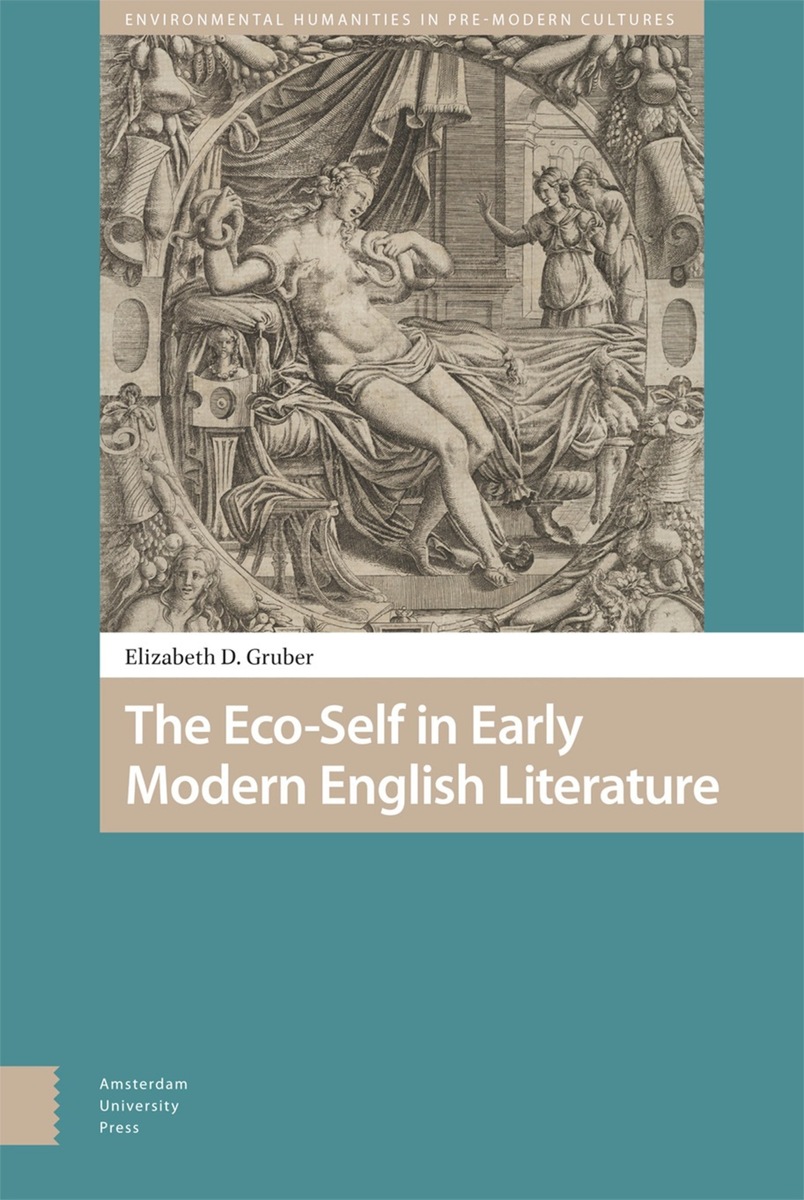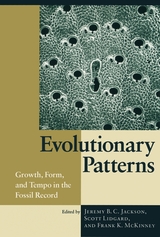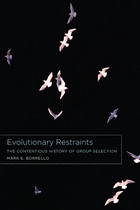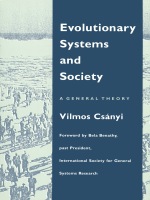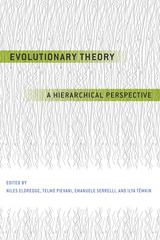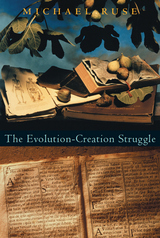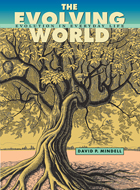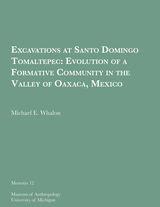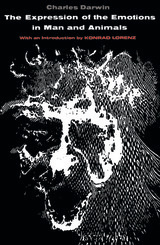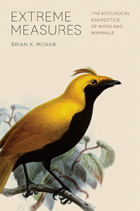The Eco-Self in Early Modern English Literature
Amsterdam University Press, 2023
Cloth: 978-94-6372-888-1 | eISBN: 978-90-485-5694-6
See other books on: 16th Century | 17th Century | Early Modern English Literature | Modern | Shakespeare
See other titles from Amsterdam University Press
Cloth: 978-94-6372-888-1 | eISBN: 978-90-485-5694-6
ABOUT THIS BOOK | AUTHOR BIOGRAPHY | TOC
ABOUT THIS BOOK
The Eco-Self in Early Modern English Literature tracks an important shift in early modern conceptions of selfhood, arguing that the period hosted the birth of a new subset of the human, the eco-self, which melds a deeply introspective turn with an abiding sense of humans’ embedment in the world. A confluence of cultural factors produced the relevant changes. Of paramount significance was the rapid spread of literacy in England and across Europe: reading transformed the relationship between self and world, retooled moral reasoning, and even altered human anatomy. This book pursues the salutary possibilities, including the ecological benefits, of this redesigned self by advancing fresh readings of texts by William Shakespeare, Christopher Marlowe, John Webster, and Margaret Cavendish. The eco-self offers certain refinements to ecological theory by renewing appreciation for the rational, deliberative functions that distinguish humans from other species.
See other books on: 16th Century | 17th Century | Early Modern English Literature | Modern | Shakespeare
See other titles from Amsterdam University Press
